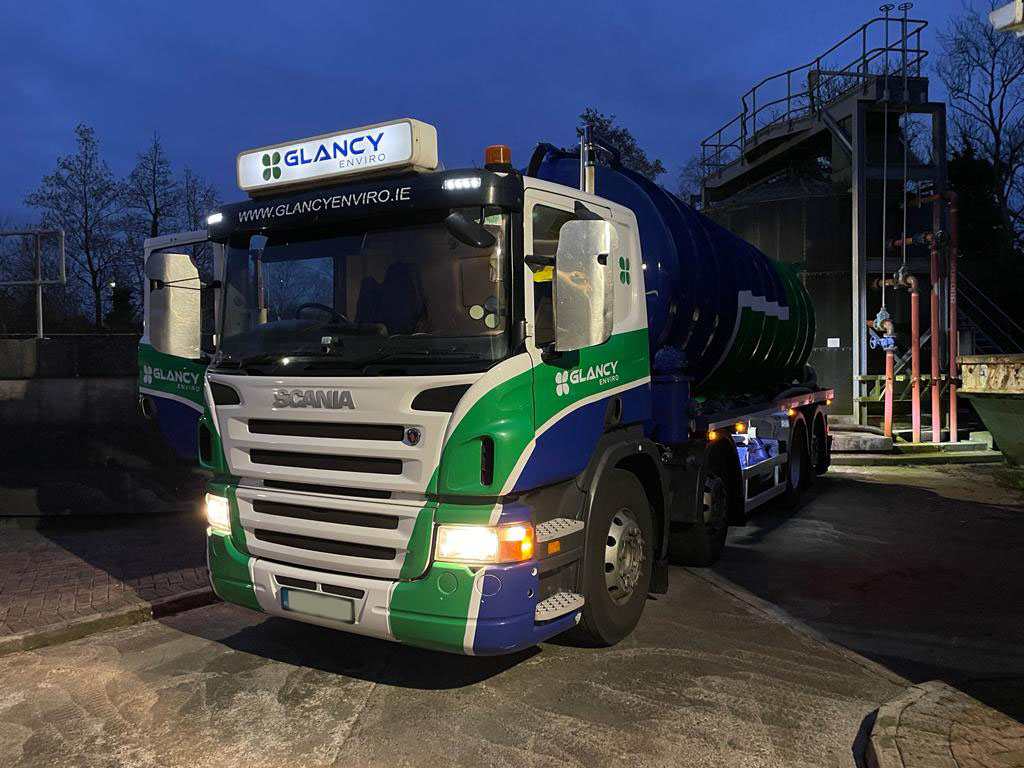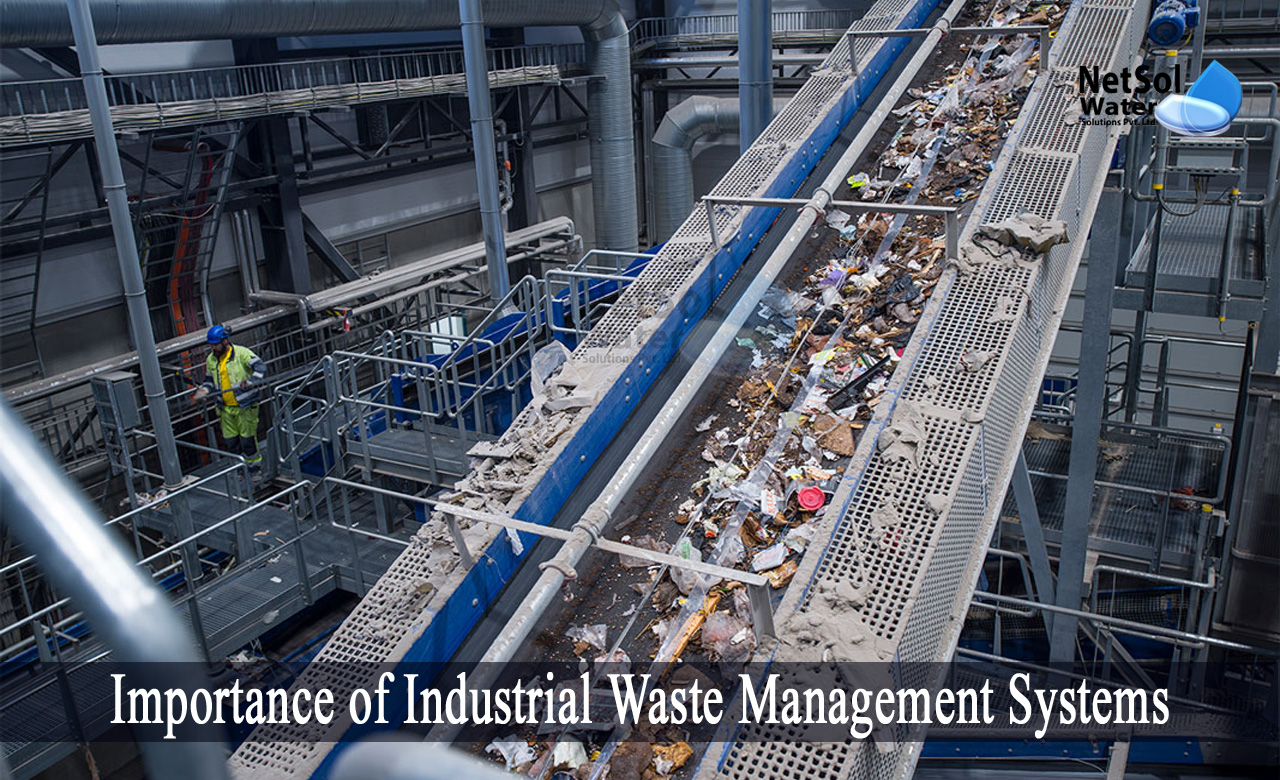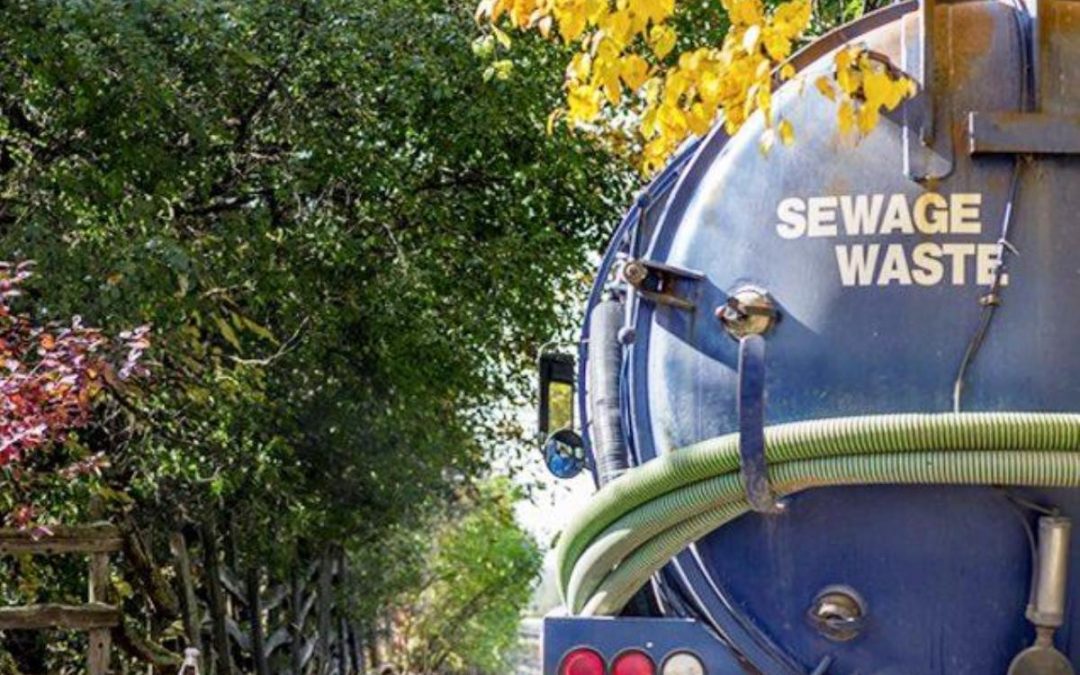Reclaim Waste for Dummies
Reclaim Waste for Dummies
Blog Article
Getting My Reclaim Waste To Work
Table of ContentsHow Reclaim Waste can Save You Time, Stress, and Money.See This Report about Reclaim WasteNot known Incorrect Statements About Reclaim Waste How Reclaim Waste can Save You Time, Stress, and Money.4 Easy Facts About Reclaim Waste ShownSome Known Questions About Reclaim Waste.

Never ever put dangerous compounds down sinks, bathrooms or stormwater drains pipes Compounds including gasoline, grease, oil, chemicals and herbicides, and solvents such as paint strippers should not be put down sinks, commodes or stormwater drains. These compounds are difficult to get rid of in the sewage therapy process and trigger pollution troubles in our local rivers.

Liquid waste is a term that covers a broad selection of materials, there's a great factor why leaving its disposal to the professionals is suggested. Fluid waste is non-solid material that has no further usage and needs to be dealt with and taken care of according to neighborhood, state and government guidelines.
The Greatest Guide To Reclaim Waste
Examples of fluid waste can include wastewater, fats, oils or grease, made use of oil, fluids, solids, gases or sludges and hazardous household liquids, there are some that are taken into consideration to be extra harmful than others when it comes to the atmosphere and the health of animals and human beings alike. It's therefore that each state and area have rigorous guidelines linked to liquid waste monitoring.
Fluid waste can be kept in holding tanks or packaged in drums, intermediate mass containers or accepted tiny containers prior to either being dealt with or eliminated by means of outsourced vacuum trucks. Provided the nature of the materials, fluid waste can not go in the general waste stream and there are rigorous policies on just how to deal with it appropriately.
(https://sitereport.netcraft.com/?url=https://reclaimwaste.com.au)Depending on a resolution of the level of risk, it might be needed to remediate those sites. In addition, dangerous fluid chemical wastes are managed waste and should be tracked according to the state waste regulations. Under the chain of custodianship and responsibilities, proprietors are responsible and accountable for waste generated by an organization.
One of the core applications for superabsorbent polymers (SAPs) is fluid waste solidification. industrial wastewater treatment. SAPs are used by waste monitoring experts to stop possibly hazardous liquids from going into waterways, groundwater aquifers, and various other delicate atmospheres. Since liquids can rapidly transfer impurities right into environmental receptors and possibly add to geotechnical failings, fluid wastes are often prohibited from disposal in garbage dumps
Getting My Reclaim Waste To Work
Primarily, totally free fluids are liquids that separate from the strong portion of waste material. Fluid waste can include the following: HDD mud and cuttings Land fill leachate Wastewater therapy sludge & biosolids Dredged sediments Oil and gas drill cuttings Resolving pond muck Hydro Excavation slurry Coal combustion residuals/ash Tank bottom sludge Concrete grinding/polishing slurry Related Short article: For a useful example of complimentary fluids separating from waste material, consider the following circumstance: official website A waste monitoring contractor loads a dump associate sludge from a wastewater treatment plant's aeration basin, during a regular upkeep event.
When the driver gets here at the landfill, he notifications water seeping from the sludge and pouring from the dump truck. The lots was declined by the landfill and the motorist was compelled to dispose of the waste as a fluid waste at a special facility, which increased the disposal costs greatly.
The world is sinking in rubbish and we can't pay for to be careless any longer. We have to act and reuse whatever we can wherever we can. We additionally need to be responsible for the proper disposal of our waste products. It is not enough that we pay waste disposal firms to take treatment of our rubbish.
The 6-Minute Rule for Reclaim Waste

Segregating your waste can start inside the home. Segregate completely dry and fluid waste as well as edible waste, biodegradable and non-biodegradable materials.
You can make use of old garbage bin, bucket, garden pot or old plastic drums. Pierce 4 to 5 openings in the container so the air can distribute. Layer all-time low with dirt to absorb the wet waste. Beginning the composting process. Layer the garden compost with wet and completely dry waste as well as dirt to keep an equilibrium between the damp and the dry.
The smart Trick of Reclaim Waste That Nobody is Talking About
Cover the garden compost bin. Once a week, add dirt in addition to the compost. To help with faster decay, you can likewise add semi composted soil to the compost. Preserve the compost. If you observe the smell is ending up being also solid, include extra newspapers and paper waste or add even more openings to the garden compost bin to maintain the balance of the waste products.
The world is drowning in rubbish and we can not manage to be careless anymore. We have to do something about it and recycle whatever we can anywhere we can. We likewise require to be in charge of the correct disposal of our waste materials. It is not nearly enough that we pay garbage disposal companies to care for our rubbish.
Our waste, our responsibility. Have you ever questioned what happens to your liquid waste after it's accumulated? Did you know that fluid waste can be recycled?
Rumored Buzz on Reclaim Waste
Segregating your waste can begin inside the home. Set apart dry and liquid waste as well as edible waste, naturally degradable and non-biodegradable materials.
You can utilize old garbage container, pail, yard pot or old plastic drums. Drill four to five openings in the container so the air can flow. Layer all-time low with dirt to take in the wet waste. Start the composting process. Layer the garden compost with damp and completely dry waste along with soil to preserve a balance between the wet and the completely dry.
Cover the garden compost bin. Once a week, include dirt on top of the compost. To help with faster decomposition, you can also include semi composted soil to the compost. Maintain the compost. If you notice the odor is coming to be as well strong, include extra newspapers and paper waste or include even more openings to the garden compost container to keep the balance of the waste products.
Report this page